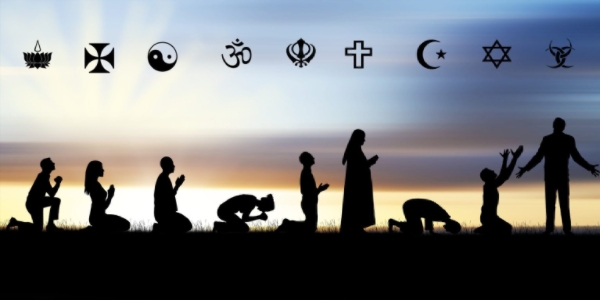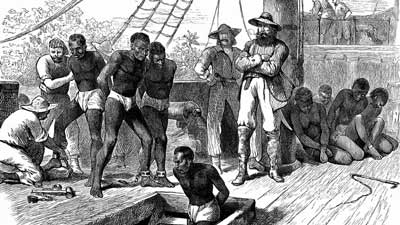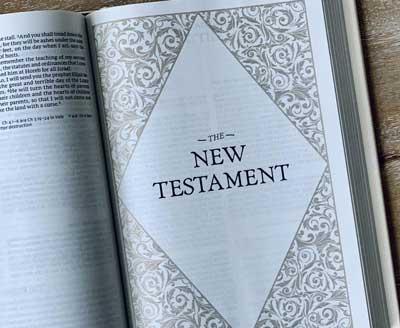
Among the presently twenty-eight Cultures of Faith, the oldest on record to exist is Theology. Being a faculty thousands of years old, we all understand it as the study of divinity. Our understanding however of the word divinity is only within its prehistoric context of gods, deities, and supreme beings. Translated into modern context, Theology simply is the study of higher intelligence.
There are no written records to prove the origins of religion, but we can extrapolate from the discoveries made of multiple Cultures of Faith in the last century, to piece together a probable picture of its foundations and purpose.
As Early Humans, our intelligence was basic. We had an acumen barely distinguishable from common creatures. With the discovery however that intelligence could make our lives better, we developed naively the culture of Theology. Across the span of many millennia, the culture observed our human character. It identified those behaviours that made us civil, and documented them whichever way it could. With enough documentation eventually to proceed, it searched for a suitable way to apply its findings to society. It found the perfect conduit in our human devotion to imaginations, from which it derived a learning system we know today only as religion.

To simplify its teachings, it defined intelligence as a Supreme Existence, or a God, with the instruction that if we could obey every word spoken by God, then God would make our lives better. Influenced however by our various cultural traditions, the spread of religion assumed different dimensions. Cultures understood God as being either a He, a She, an It, or They. Working successfully however, religion achieved its purpose, which was to teach our species civility, an accomplishment that elevated us from a culture of barbarism, literally to define our present intelligence.

Having achieved civilization, Theology then observed that we needed a new way of thinking. Through Jesus the Christ, it defined our old way as ‘The Law’, with emphasis that our extinction as a civilization was inevitable if we continued to reason by The Law. It then began work deriving our new way of thinking, which it called ‘Faith’, with the directive that if we could live or reason by faith, we would, not only save our civilization from extinction, but also achieve a utopia in addition.
The complete theological studies, research, and development of our old way of thinking, are in a collection of books of the Christian religion, suitably called “The Old Testament”. The still ongoing theological observations, studies, research, and development of our new way of thinking, are in a collection of books also of the Christian religion, suitably called “The New Testament”.

Theology’s primary responsibility, right from its onset, has been to develop our collective human intelligence. As is however the inevitable outcome of our present way of thinking, we find evil uses for every good thing we create.
For centuries past, historians have documented the many instances of political authorities and governmental systems commandeering the tools, discoveries, and innovations of Theology for selfish agendas, which now regrettably has given the culture a stigma of both violence and lacklustre.

There is hardly a faculty of knowledge in existence today yet to fall victim to the misuse and abuse of its creations and innovations by political powers. The primary purpose of every faculty of knowledge is greater knowledge. Knowledge never harmed anyone, neither causing discomfort nor making enemies of people, except where hijacked by the ignorant. If the Culture of Theology today has learned anything new from its historical observations of our civilization, it is that it must create the environment where political authority never again could hinder the furtherance of human intelligence.
Another Culture of Faith dedicated to the study of human intelligence is Philosophy. Compared however to Theology, Philosophy is a field of study emerged only recently. Being in its infancy, it lacks the capacity to reinvent how we think, having no data of our collective human intelligence spanning millennia to refer in making accurate judgments by triangulation. In the distant future, the Culture of Philosophy might become a subculture of Theology.
#next
